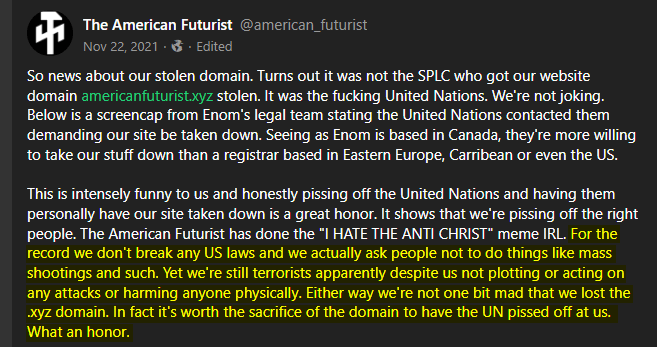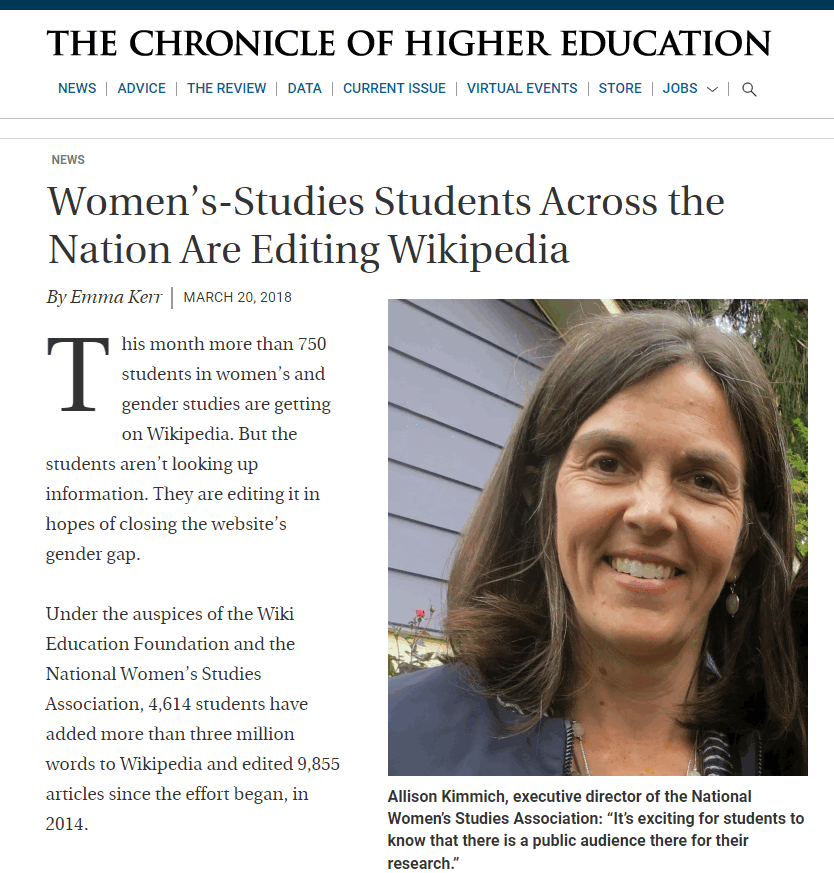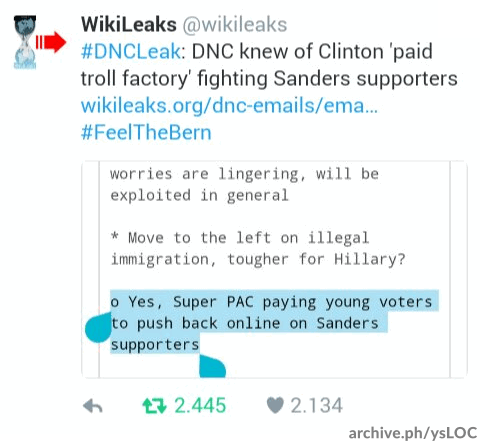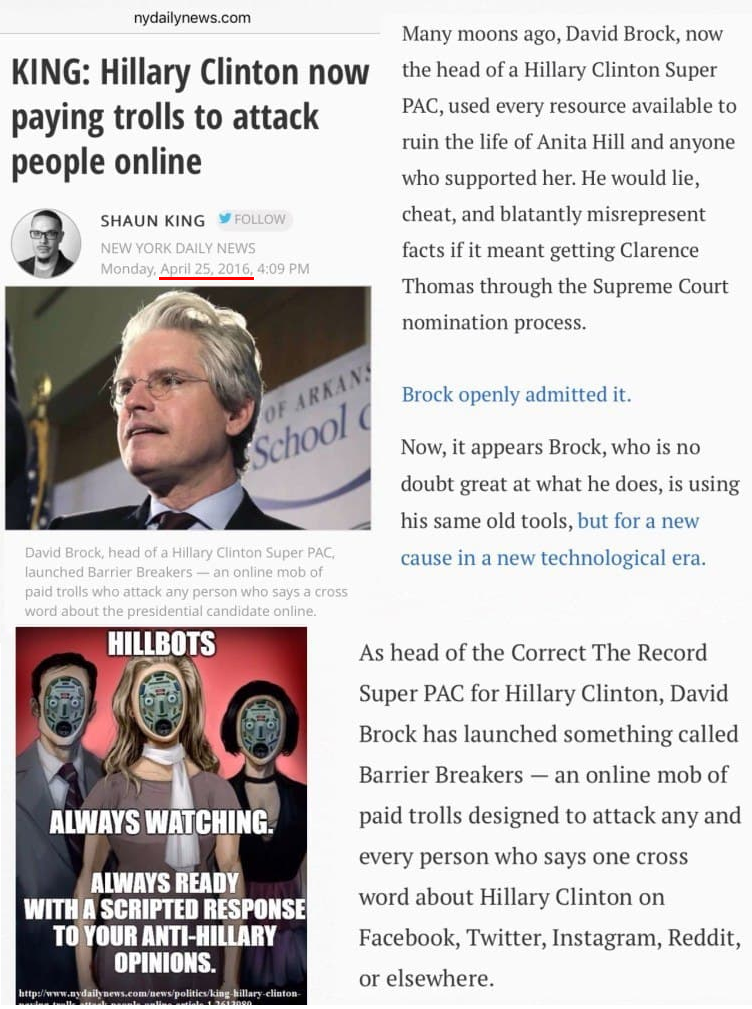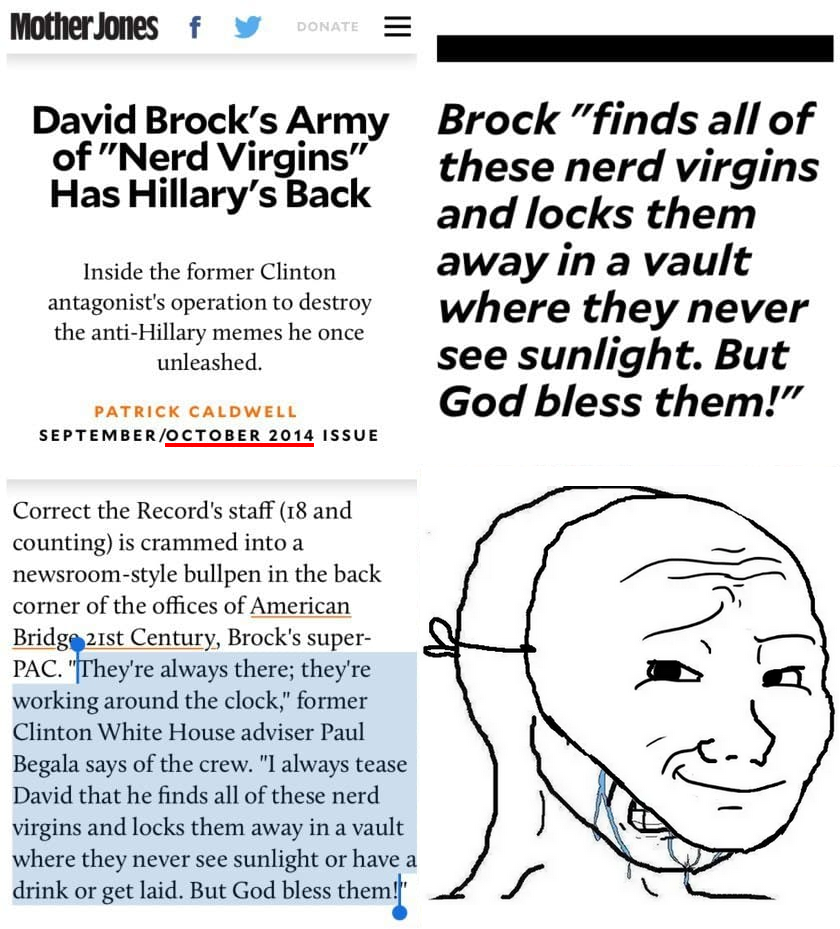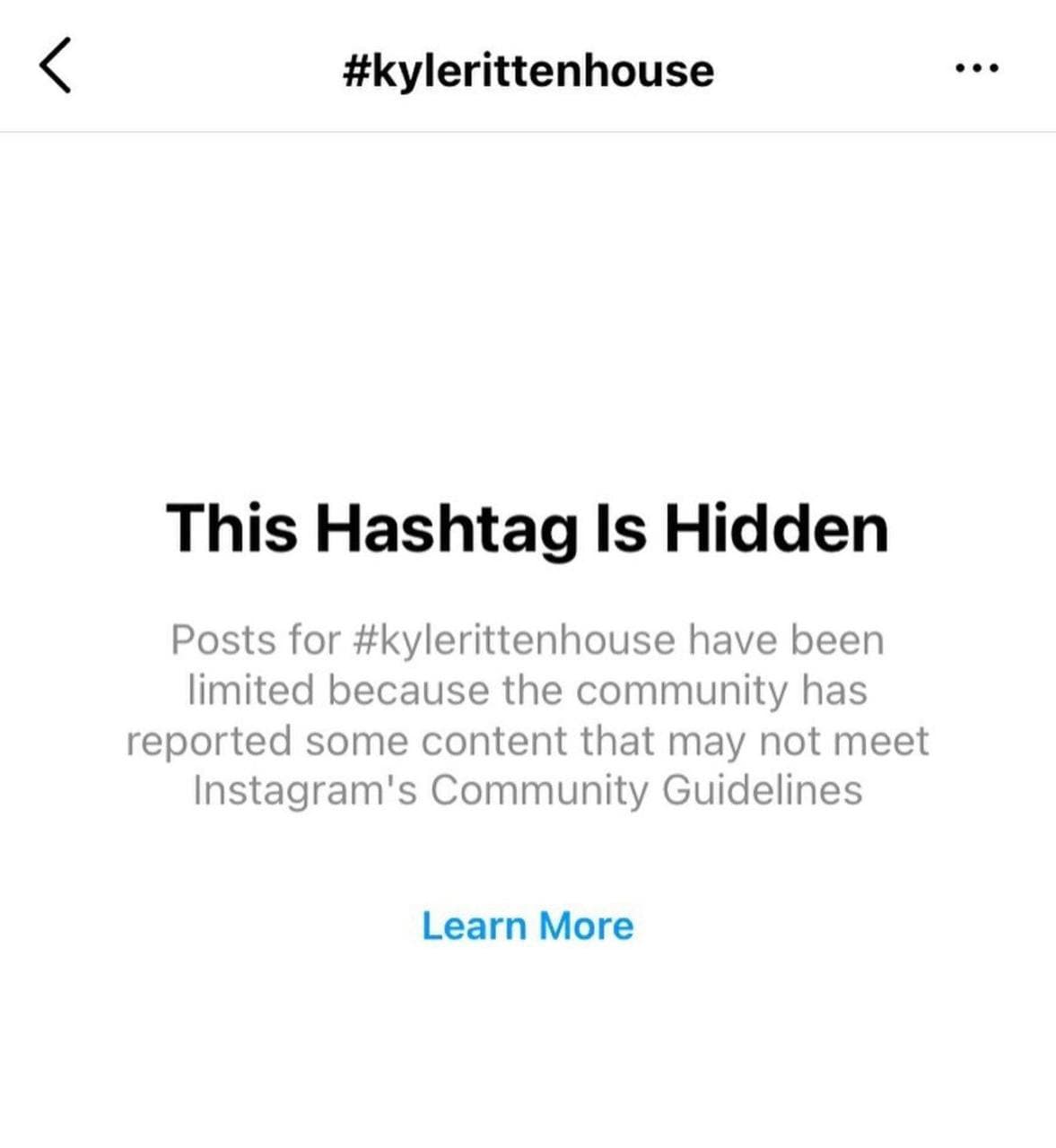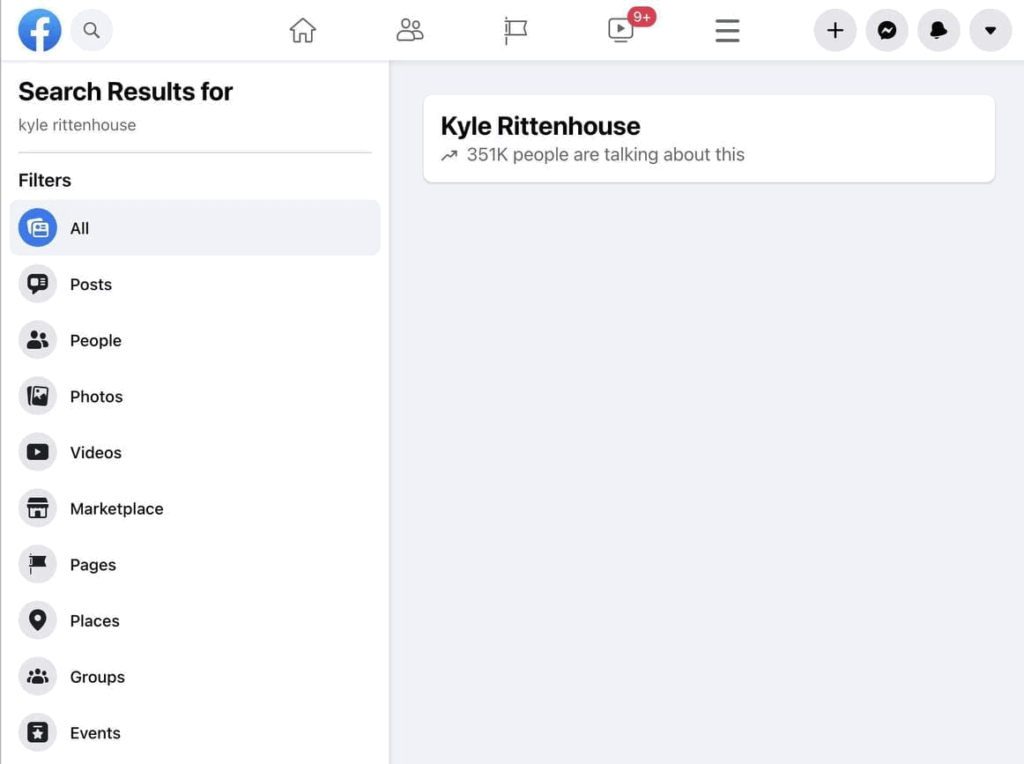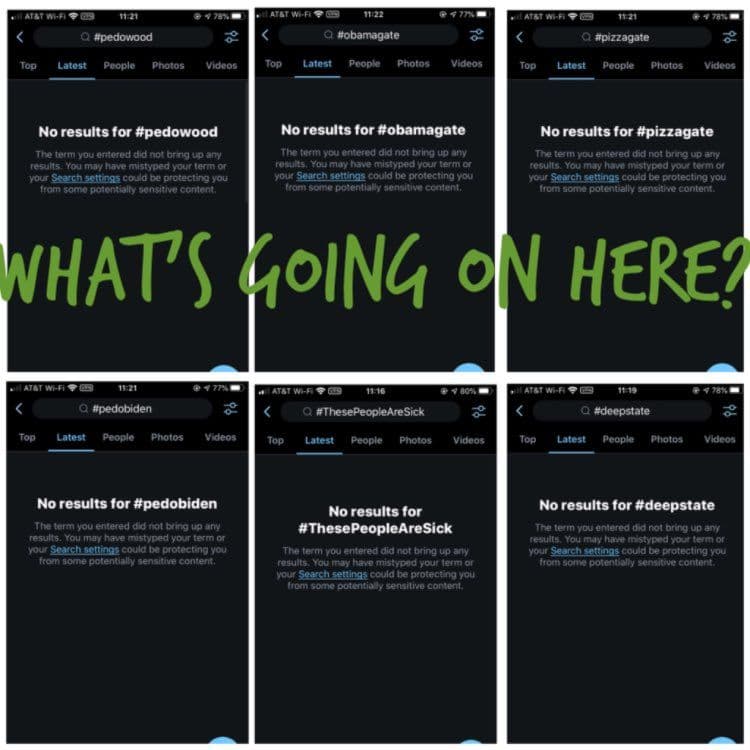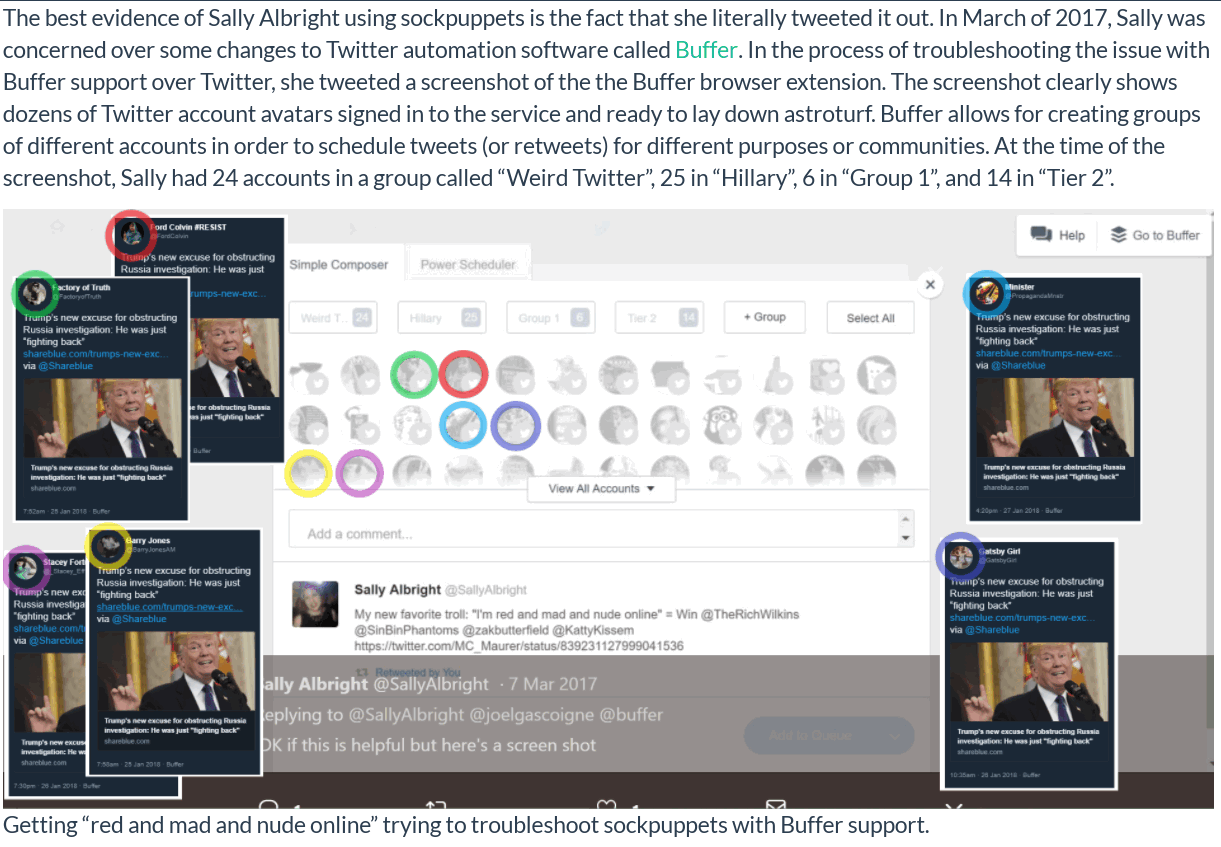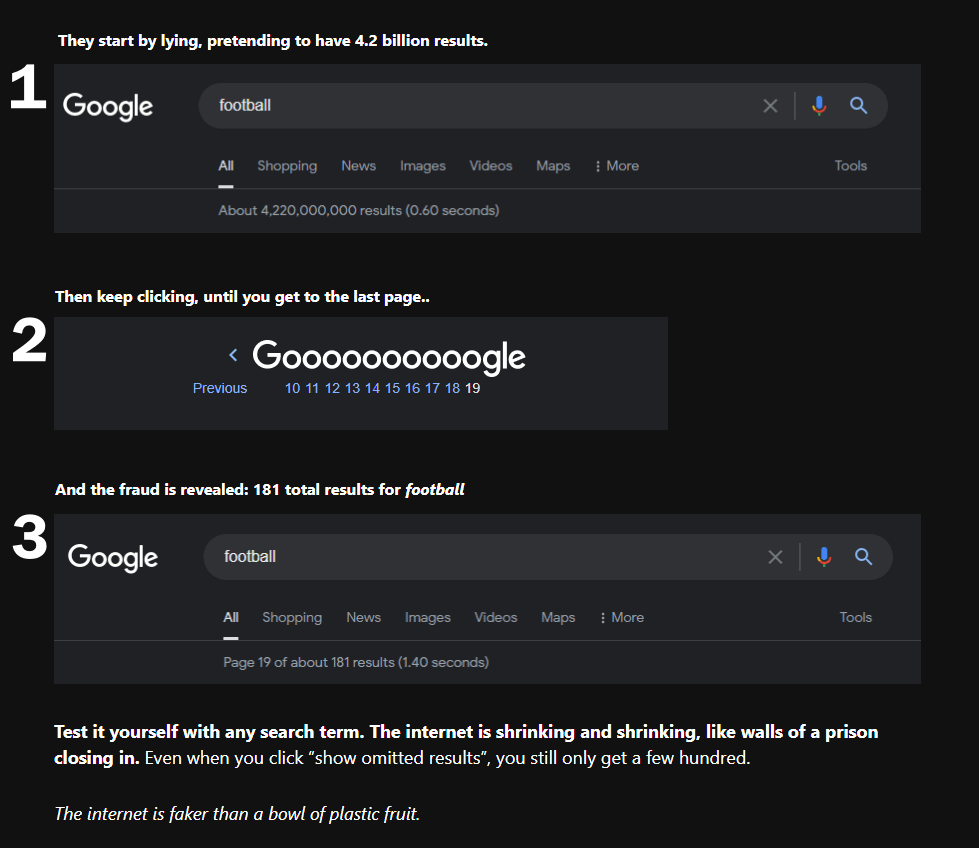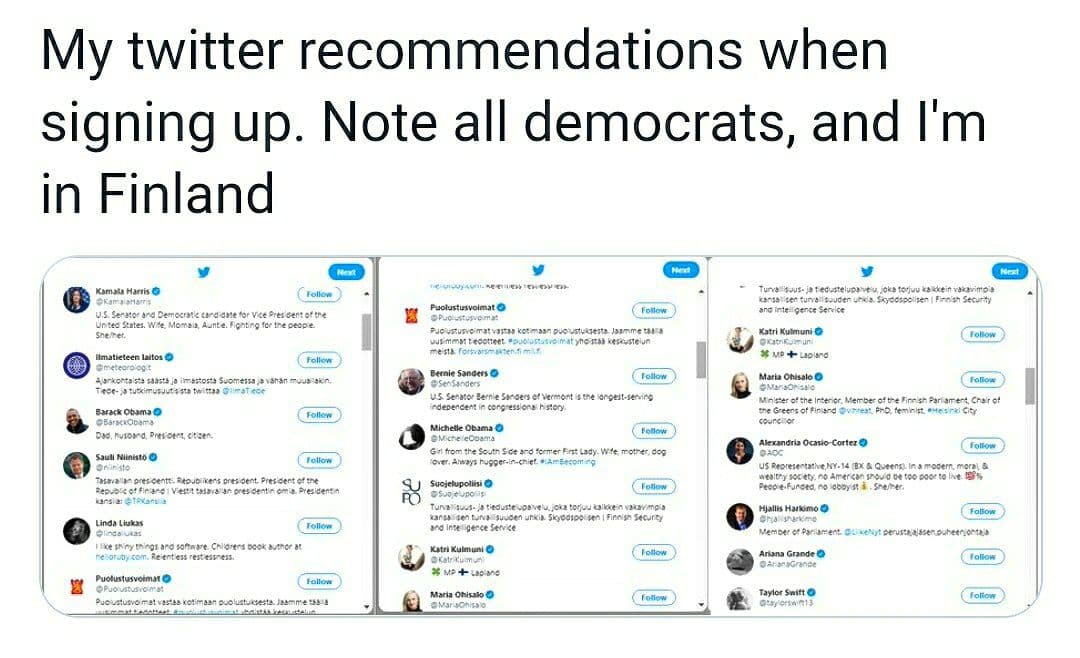online manipulation
Apple rejected YouTube-competitor Odysee from the App Store because a video had pepe the frog as a thumbnail — and because Odysee refused to filter Covid videos out of search results
The Apple censorship team once rejected the Odysee app from the Apple App Store because of videos containing images of Pepe the Frog. Apple made no such demands of Odysee’s competitor, Google’s YouTube.
Apple also demanded Covid-related terms be filtered out of Odysee search results.
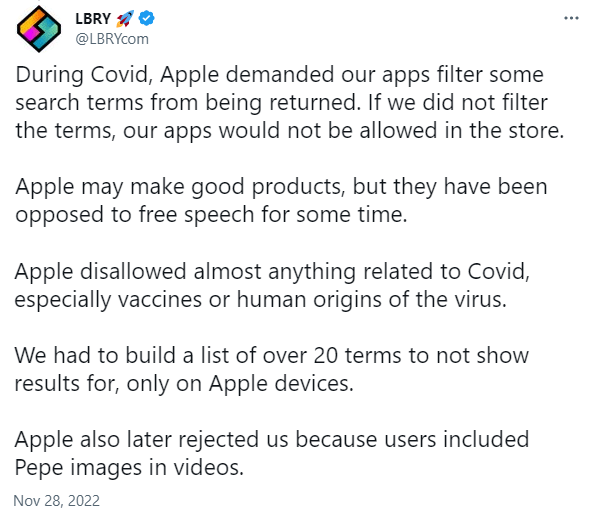
The email Apple sent Odysee rejecting their app because of a user’s frog image:
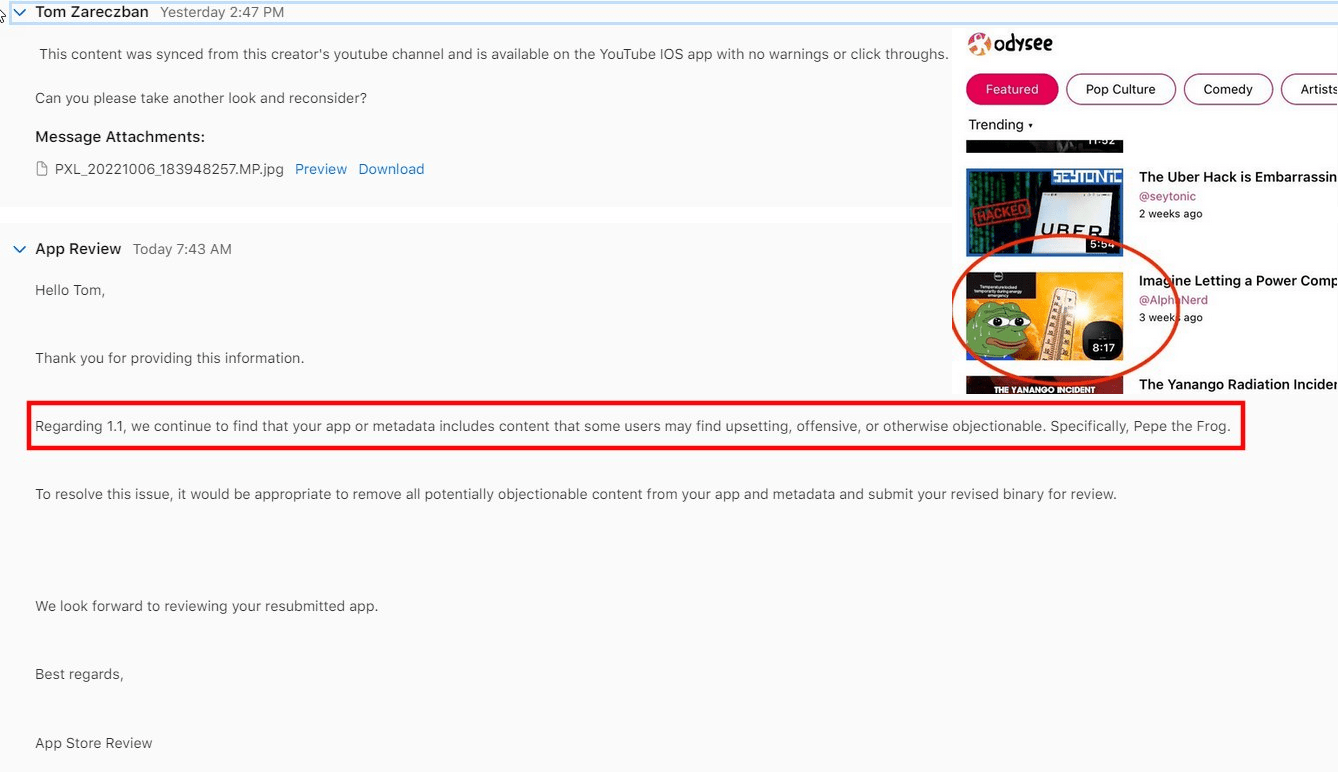
These restrictionist media and surveillance firms like Apple and Google all work to protect each other, and to protect the corrupt establishment. They will do anything to prevent new competitors from expanding freedom of expression, outside of the control of the Big Tech oligarchs. They act exactly like a protectionist cartel; a criminal conspiracy.
Combined, Apple and Google control 98% of the mobile marketplace.
Twitter co-founder Biz Stone says there were “world events” that the company “didn’t make public”
While discussing Elon Musk’s purchase of Twitter:
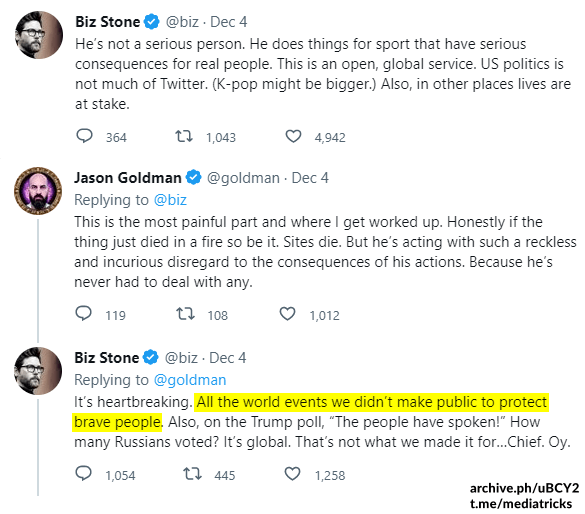
Stone worked at Twitter from its founding in 2006 until 2012, and he re-joined the company in 2017.
Many people have asked Stone what world events they buried, but he has ignored all questions.
What have they been hiding? It sure sounds like a CIA thing.
Researchers discover Google sends fewer ‘Go Vote’ reminders to conservatives than to liberals and centrists in swing states, secretly shifting millions of undecided votes leftward
See more posts from this researcher: Dr Robert Epstein
The researcher is a Democrat, a Hillary voter, and he has had enough of Big Tech monopolies manipulating the results of elections.
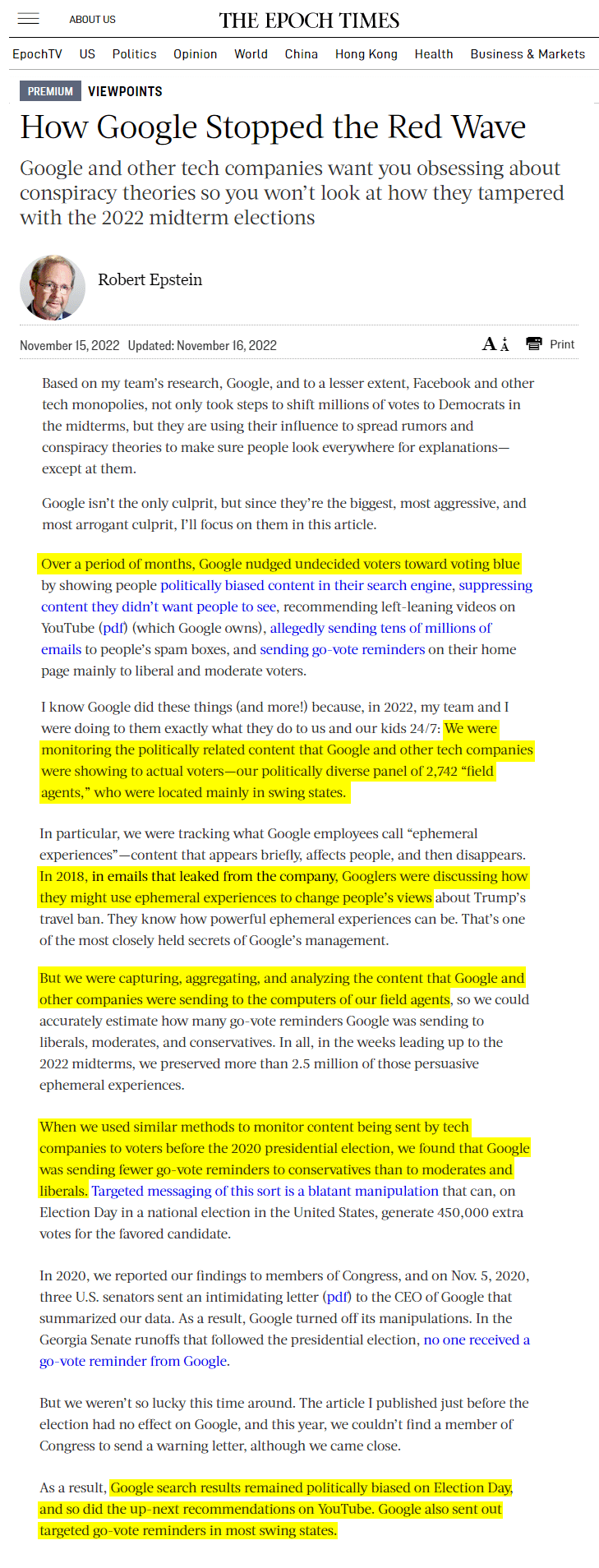
Source: https://archive.ph/mQ9kp
The Persuasive Power of Dissenting Comments
This is why news sites deleted all their comment sections. This is why they censor you on social media. This is why companies and campaigns hire content farms to bury dissent beneath a flood of approval.
They know the research shows dissenting comments reduce the persuasiveness of their propaganda, while likes and approving comments have no such persuasive power.
- Dissenting comments are more persuasive than high numbers of likes.
- Dissenting comments reduce the persuasiveness of news article content.
- Comments in agreement with article content have no such persuasive impact.
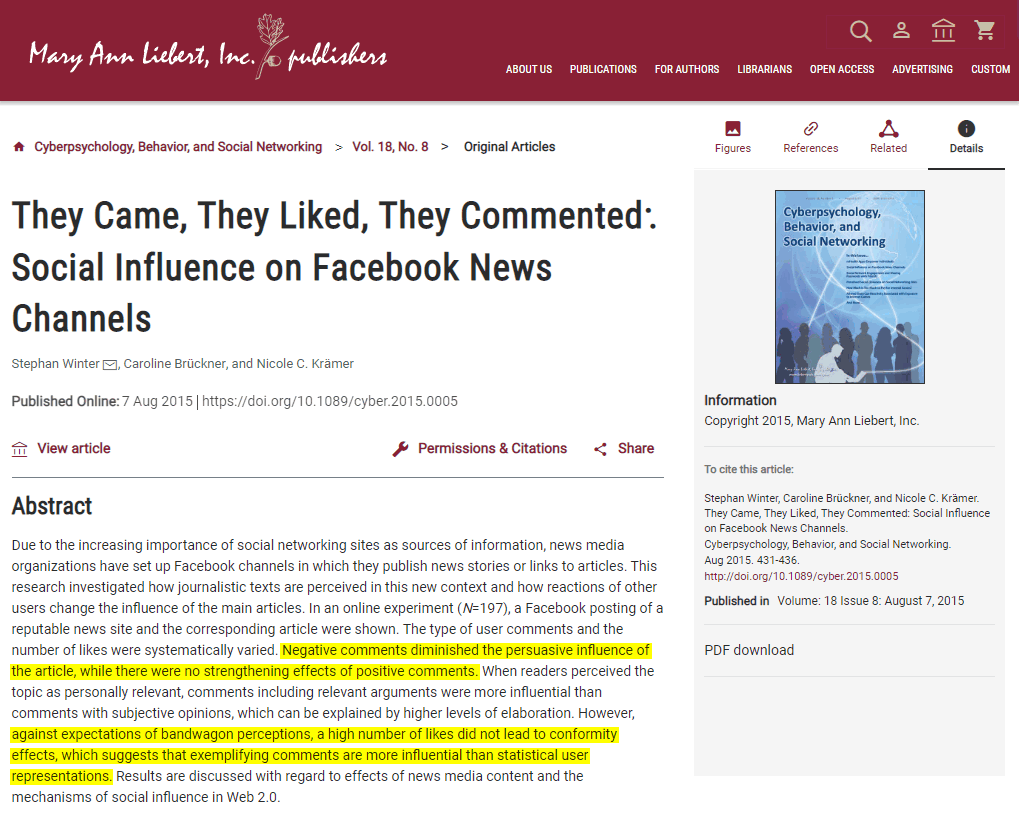
How Associated Press Pushes a Narrative To The Entire Media
Bill Gates says he’s building a 3000-person team to spread his propaganda on Social Media
Publicists buy fake web traffic to pump up the stats of any publicity the media gives their clients
Buying followers is cheaper than you think
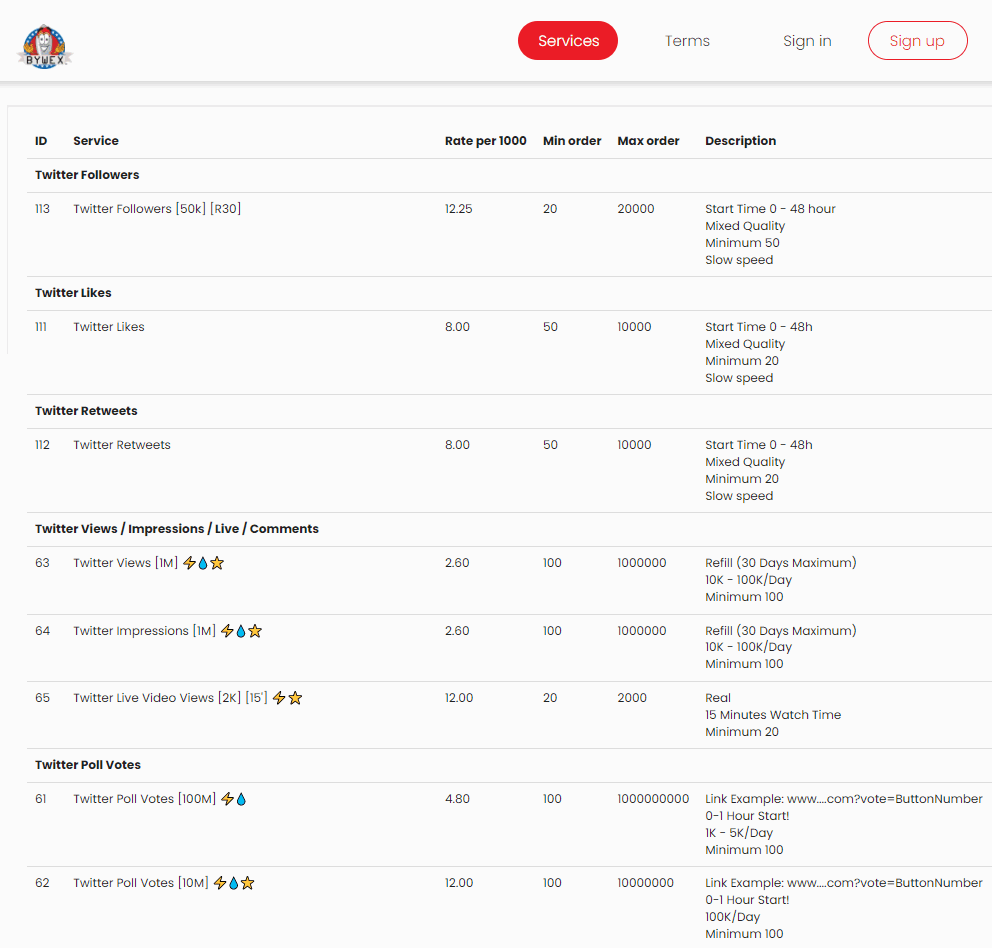
You can even buy fake YouTube livestream viewers, and many other things.
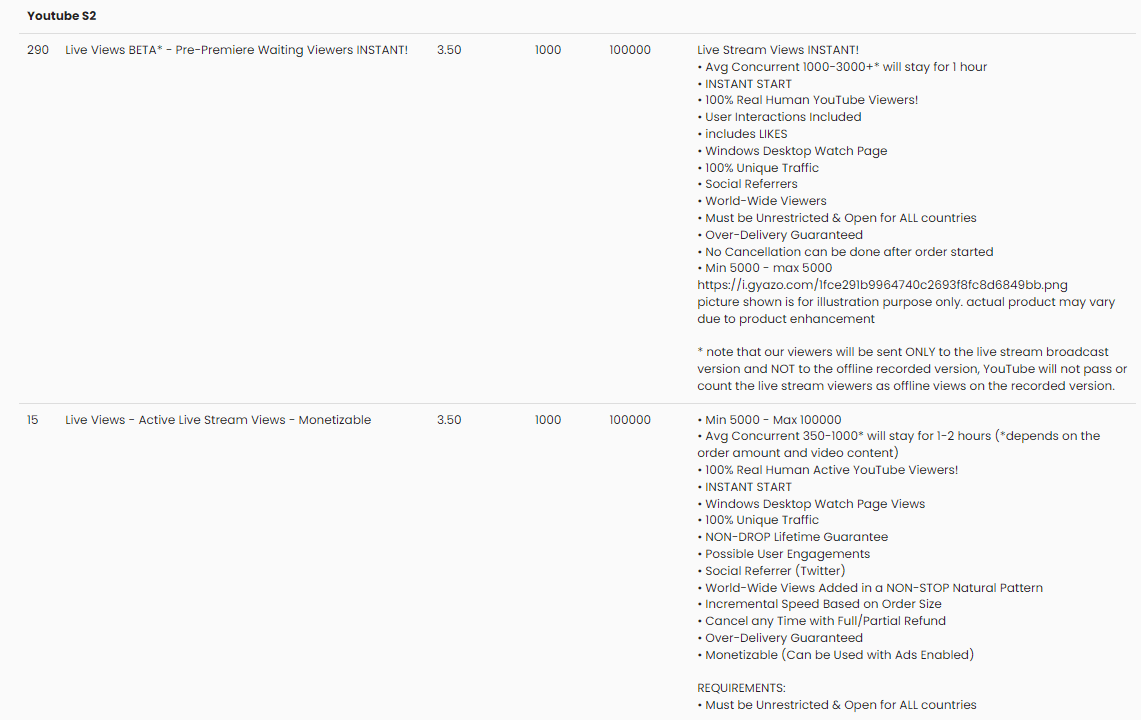
You can see the other Scam Tricks they sell here:
https://smm.bywex.com/services
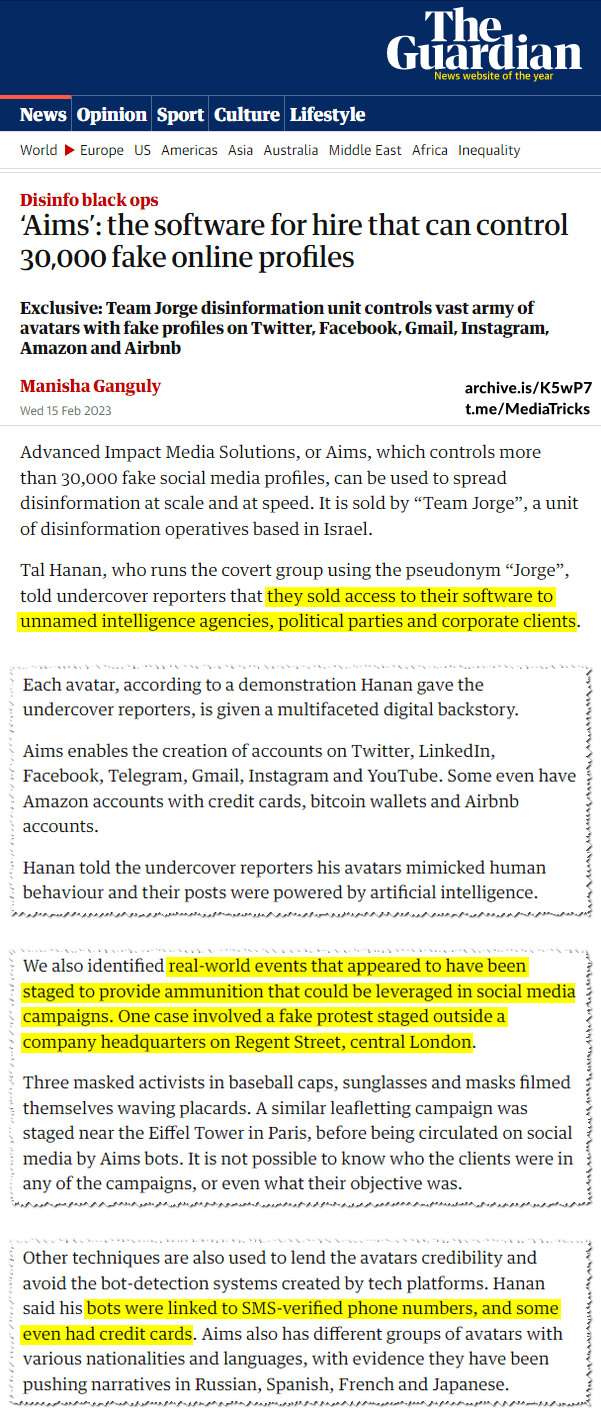
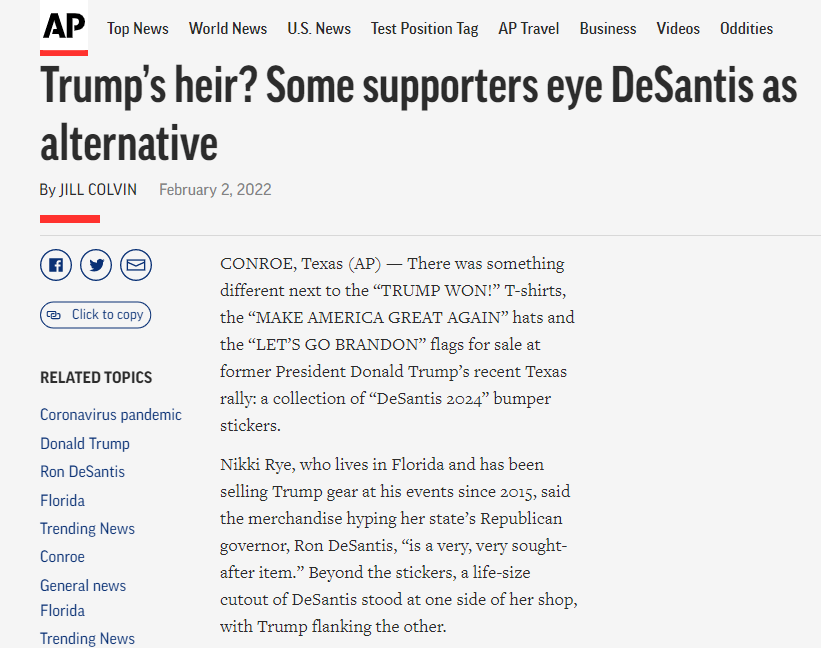
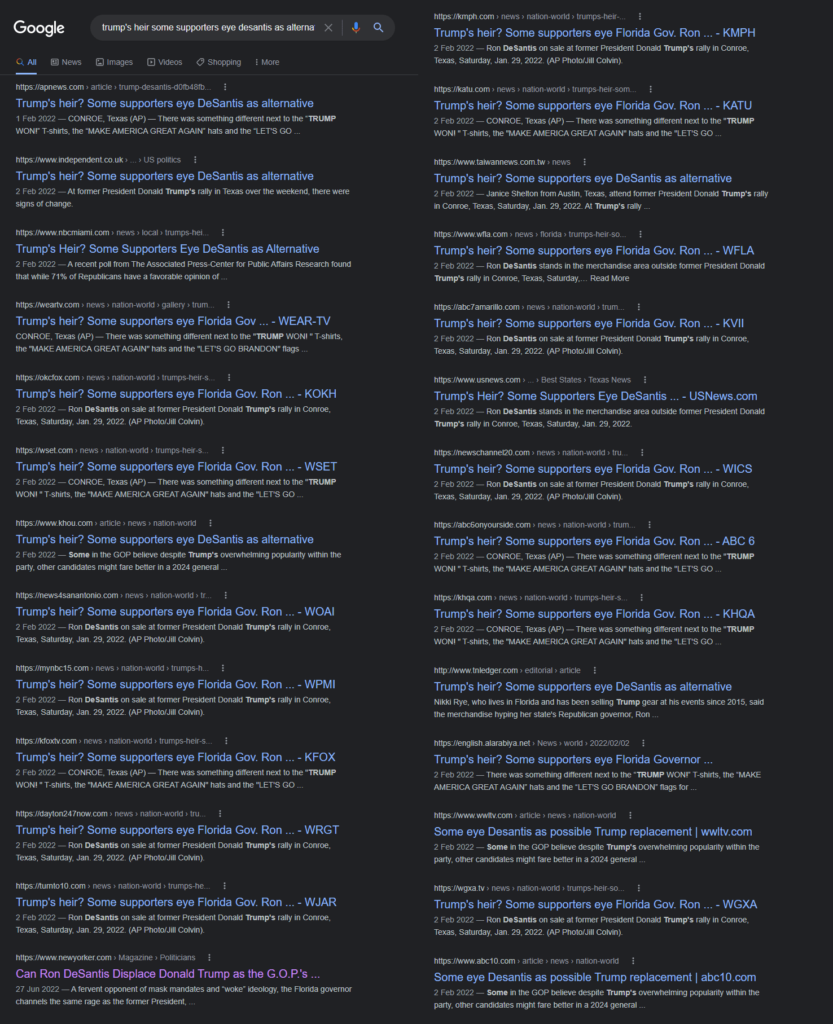
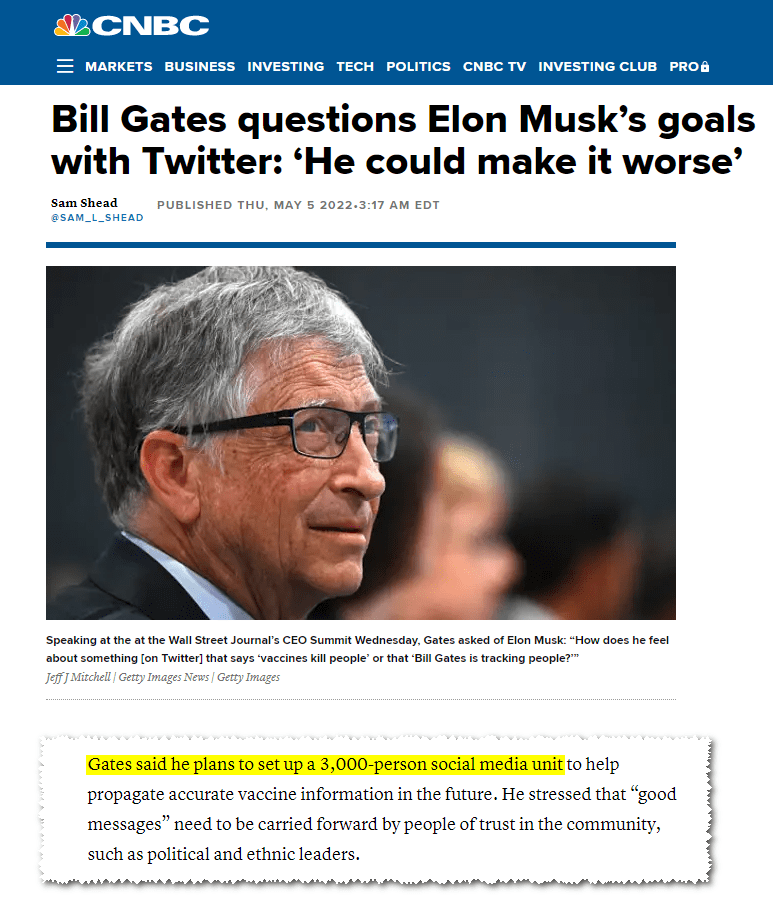
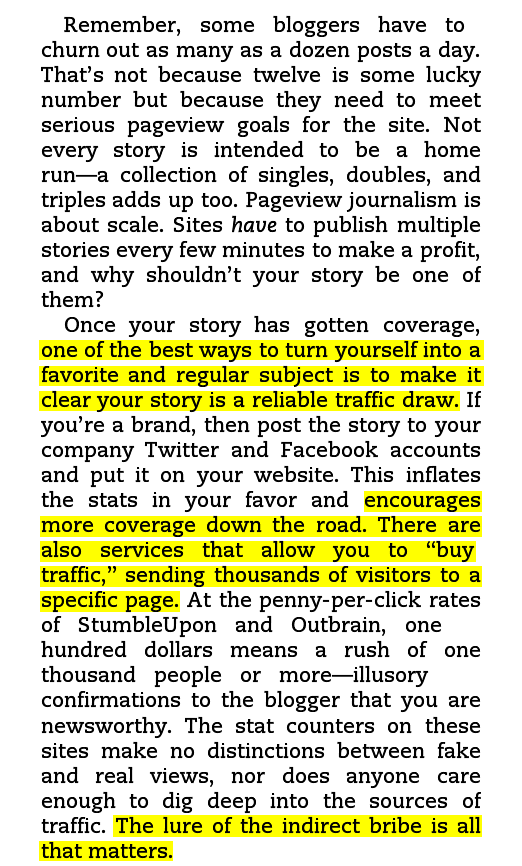
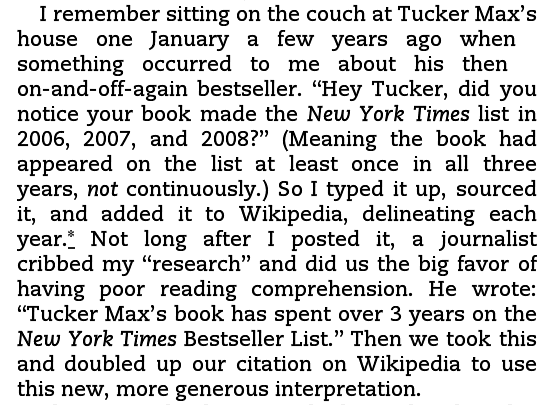
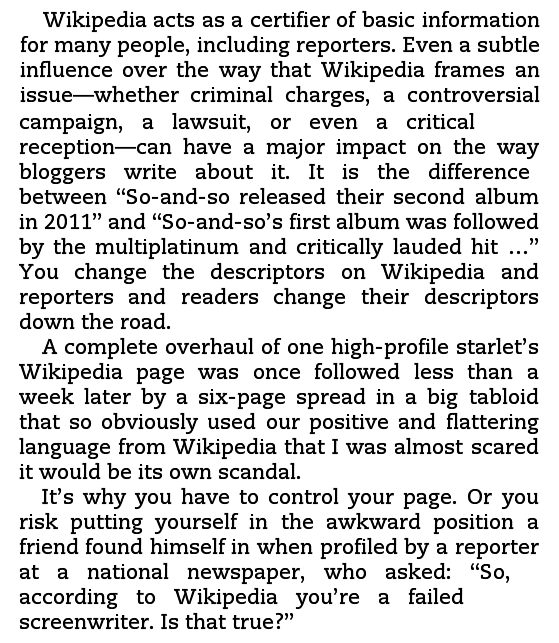

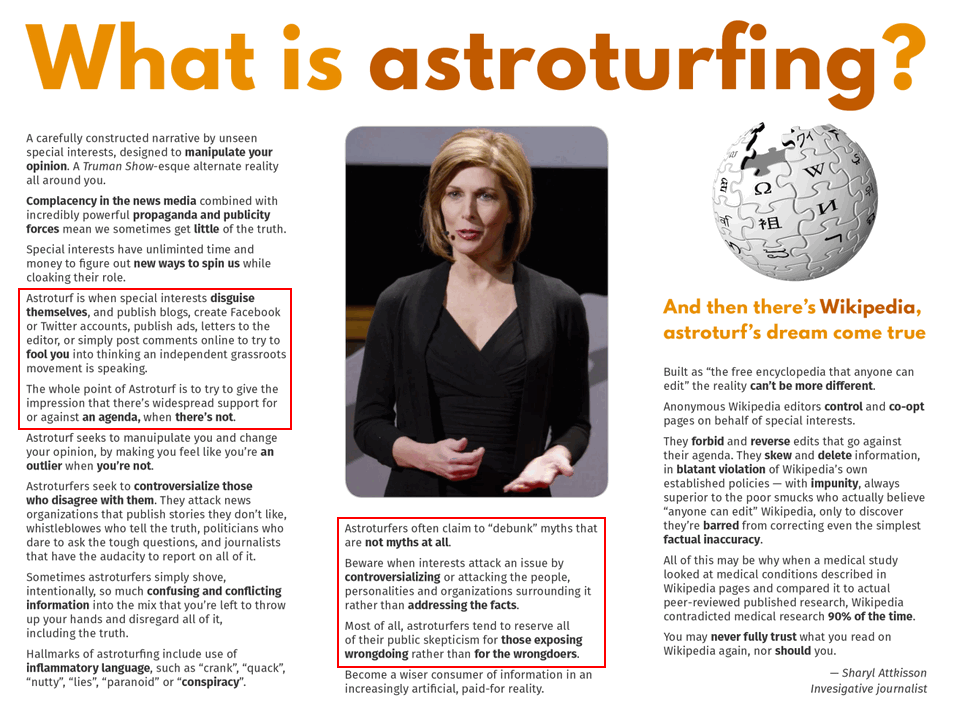
![Email screenshot from the Domain Registrar Tucows, sent to a customer.
Tucows GDPR Team (Tucows Inc - Compliance)
Dear Jonathan: Thank you for contacting Enom. The domain name americanfuturist[.]xyz was reported to Enom by the United Nations Counter Terrorism Executive Directorate (UN CTED). As such, Enom took action to ensure that the domain does not resolve, in accordance with our commitments under the Framework to Address Abuse. Because of this, the hold cannot be removed at this time.
Sincerely, the Tucows Compliance Team](https://mediatricks.org/wp-content/uploads/2022/01/united-nations-censoring-domain-names.png)
